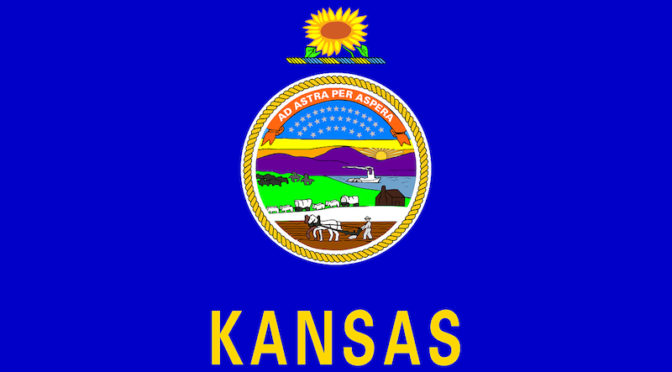The State Library of Kansas Announces the 2021 Kansas Notable Books
TOPEKA – State Librarian Eric Norris announced the 16th annual selection of Kansas Notable Books celebrating Kansas people, places, and events. The fifteen books feature quality titles with wide public appeal, either written by a Kansan or a Kansas related topic and published in the previous calendar year.
“I am proud to present the 2021 Kansas Notable Book list. This year’s books bring to life the Kansas experience through the vivid storytelling of gifted writers, talented illustrators, essayists, and poets. The rich array of works on this year’s list will both entertain as well as educate,” State Librarian Eric Norris said. “Reading is more important than ever. I encourage every Kansan to contact their local public library and celebrate the artists and artistry of Kansas.”
The State Library first launched the Kansas Notable Books Program in 2006. Since then, more than 200 books have been recognized for their contribution to Kansas literary heritage. This year’s selection committee included representatives of public, university, and school libraries, teachers, academics, and historians. State Librarian Eric Norris selected the final list of 15 titles which includes nonfiction and fiction books that will appeal to a wide range of audiences and cover a variety of topics and issues.
Kansas Notable Books authors will be awarded their medals at the Kansas Book Festival on September 18 at Washburn University. The public is invited.
Kansas Notable Books is a project of the Kansas Center for the Book, a program at the State Library of Kansas which is the state affiliate of the Library of Congress Center for the Book. The Kansas Center for the Book exists to highlight the state’s literary heritage and foster an interest in books, reading, and libraries.
For descriptions, downloadable bookmarks, posters, and more information about Kansas Notable Books, visit kslib.info/2021KNB, call the State Library at 785-296-3296 or email [email protected].
2021 Kansas Notable Books
All Hallows’ Shadow by Michael D. Graves (Emporia) Meadowlark Books
The Amelia Six by Kristin L. Gray (Fayetteville, AR) Paula Wiseman Books
The Chicken Sisters by KJ Dell’Antonia (Lyme, NH) G.P. Putnam’s Sons
Croaked! (The Misadventures of Nobbin Swill) by Lisa Harkrader (Tonganoxie) Yellow Jacket
Farmers Unite!: Planting a Protest for Fair Prices by Lindsay H. Metcalf (Concordia) Calkins Creek
Ladybird, Collected by Meg Heriford (Lawrence)
Un Mango Grows in Kansas by Huascar Medina (Topeka) Spartan Press
Mawson’s Mission: Launching Women’s Intercollegiate Athletics at the University of Kansas by L. Marlene Mawson (Lawrence) University Press of Kansas
Northern Cheyenne Ledger Art by Fort Robinson Breakout Survivors by Denise Low (Lawrence) and Ramon Powers (Topeka) University of Nebraska Press
People, Pride, and Promise: The Story of the Dockum Sit-in by Prisca Barnes (Wichita), illustrated by Priscella Brown (Wichita) Storytime Village
Prairie Bachelor: The Story of a Kansas Homesteader and the Populist Movement by Lynda Beck Fenwick (Pratt) University Press of Kansas
Premeditated Myrtle: A Myrtle Hardcastle Mystery by Elizabeth C. Bunce (Lenexa) Algonquin Young Readers
Swimming Shelter: Poems by Al Ortolani (Lenexa) Spartan Press
What Sound is Morning? by Grant Snider (Wichita) Chronicle Books
World of Wonders: In Praise of Fireflies, Whale Sharks, and Other Astonishments by Aimee Nezhukumatathil (Oxford MS) Milkweed Editions
The State Library of Kansas – To learn more, visit kslib.info.
###


